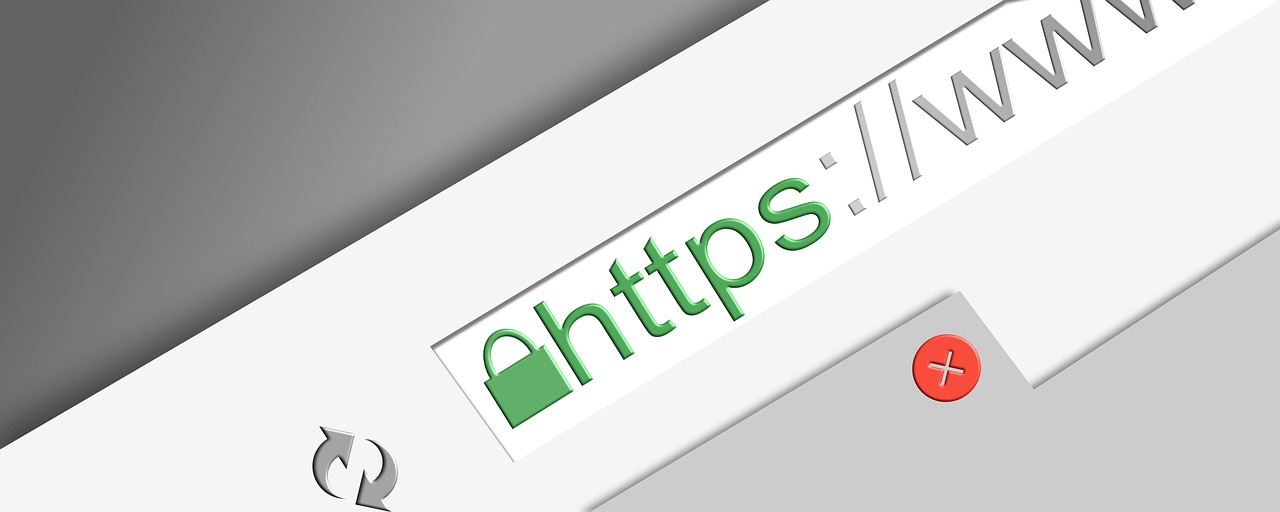
Firewall
Firewalls are essential tools for network security, but what exactly are they and how do they work? In this blog post we will explain what firewalls are, how they are activated, why you should not disable them, what role they play in overall cybersecurity, and why they are important for tax and accounting professionals.
What is a Firewall?
A firewall is a network security device that monitors incoming and outgoing network traffic and decides whether to allow or block specific traffic based on a defined set of security rules. Firewalls can be software or hardware, or a combination of both. They create a barrier between your internal network and external sources such as the internet, to prevent malicious traffic like viruses, hackers, or spyware from entering your system.
How is a Firewall Activated?
A firewall can be activated by installing it on your computer or network device, or by using a cloud-based service. Depending on the type of firewall, you may need to configure security rules and settings to suit your needs and preferences. Some firewalls are pre-installed on your operating system or router, while others may require you to download or purchase them separately. You can also use multiple firewalls for different layers of protection.
Why You Should Not Disable Firewall
Disabling your firewall can expose your network and devices to various cyber threats such as malware, data breaches, identity theft, ransomware attacks, or denial-of-service attacks. These threats can compromise your personal or business information, damage your files or programs, disrupt your operations, or cause financial losses. Therefore, you should always keep your firewall enabled and updated to protect yourself and your clients from cyberattacks.
What Part Does Firewall Play in Overall Cybersecurity?
Firewalls are one of the first lines of defense in network security, but they are not enough by themselves. Firewalls can block unwanted or suspicious traffic based on predefined rules, but they cannot detect or prevent more advanced or targeted attacks that use encryption, evasion techniques, or zero-day exploits. Therefore, firewalls should be complemented by other cybersecurity measures such as antivirus software, intrusion prevention systems, encryption tools, backup solutions, and security awareness training.
Why is Firewall Important for Tax and Accounting Professionals?
Firewalls are especially important for tax and accounting professionals because they handle sensitive and confidential data from their clients and partners. This data may include personal information, financial records, tax returns, invoices, contracts, or bank details. If this data is compromised by cybercriminals, it can result in legal liabilities, reputational damage, regulatory fines, or loss of trust. Firewalls can help prevent unauthorized access to this data and ensure compliance with data protection laws and standards.
Conclusion
A firewall is a network security system that protects your computer from unauthorized access and malicious attacks. It does this by filtering the incoming and outgoing traffic based on a set of rules that you can customize. To activate a firewall, you need to enable it in your operating system settings or install a third-party software or hardware firewall. You should not disable your firewall unless you have a specific reason to do so, such as troubleshooting a network problem. Disabling your firewall can expose your computer to hackers, malware, and other cyber threats. A firewall plays an important role in overall cybersecurity, especially for tax and accounting professionals who deal with sensitive and confidential data. A firewall can help prevent data breaches, identity theft, and financial losses by blocking unauthorized access to your network and files. If you are a Tax or Accounting Professional, the IRS wants you to use a firewall as part of your cybersecurity solution.
Visit Watch Cloud Cyber Security to learn more about our portfolio of cybersecurity solutions designed for tax and accounting professionals.
Share This Post
Related Posts

Urgent: Cybersecurity Essentials for Tax Pros – Protect Client Data Now!
LinkedIn Facebook Twitter Pocket Reddit Why Cybersecurity is Crucial for Tax and Accounting Professionals In today’s digital age, cybersecurity is not just a concern for

What is SOC: A Comprehensive Guide
Unveiling the world of SOC: Discover its vital role in cybersecurity, explore key components, functions, types, and challenges faced

What is SSL: A Comprehensive Guide
Unravel the intricacies of SSL: its significance, functionality, types of certificates, misconceptions, challenges, and future trends.

What is AES Encryption?
Unveiling the intricacies of AES encryption: Explore its components, strengths, modes, and applications in this comprehensive guide.

Cybersecurity’s Evolution: The Last 10 Years
Explore the remarkable evolution of cybersecurity over the past decade, as technology advances and cyber threats become more sophisticated.

Pingback: “Security Six” (IRS Recommendations for Tax Professionals) - Watch Cloud Cyber Security